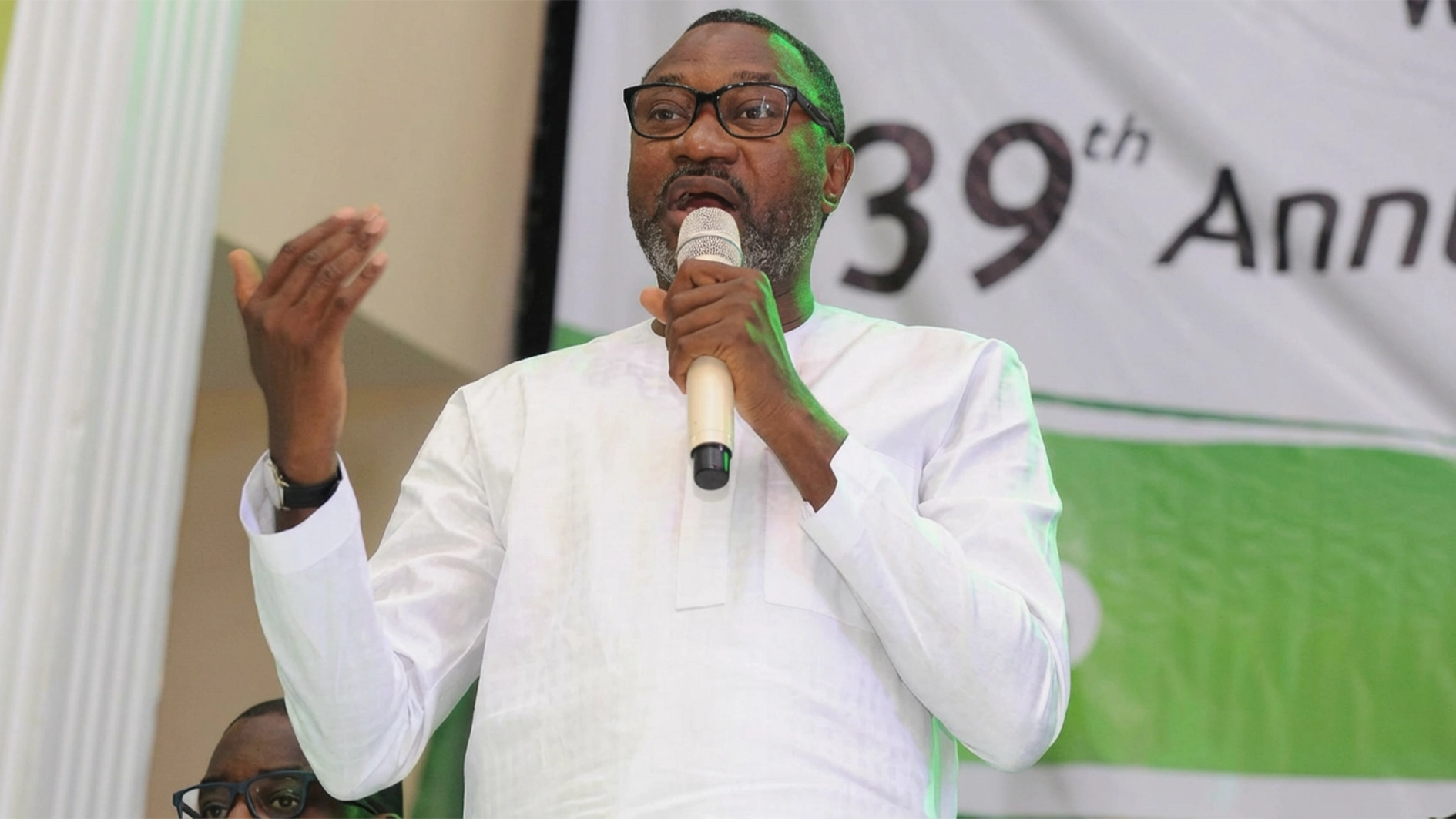Nigeria’s manufacturing sector continues to struggle for foreign investors’ attention, attracting only $129.92 million in Q1 2025.
The amount represents a paltry 2.3 per cent of total capital importation, according to the National Bureau of Statistics (NBS).
The figure underscores the growing disconnect between Nigeria’s industrialisation ambitions and actual investment patterns as foreign investors increasingly favour quick-return financial instruments over long-term manufacturing commitments.
The banking sector emerged tops, commanding $3.13 billion, representing 55.44 per cent of the total $5.642 billion capital importation recorded in the quarter. Financing followed with $2.1 billion, representing 37.18 per cent of inflows.
The dominance of financial sector investments raises fresh concerns about Nigeria’s economic structure, with critics arguing that the country is becoming overly dependent on portfolio investments rather than building productive industrial capacity.
Agriculture, another critical sector, fared worse than manufacturing, attracting just $24.15 million or 0.43 per cent of total foreign capital.
Other sectors recorded modest inflows: shares ($115.26 million), telecommunications ($80.78 million), trading ($34.39 million), electrical ($9.03 million) and IT services ($7.21 million).
The telecommunications sector, despite its strategic importance to Nigeria’s digital economy aspirations, managed to attract only 1.43 per cent of foreign investment.
The NBS data reveals that portfolio investments, typically short-term financial instruments like stocks and bonds, accounted for $5.2 billion, representing 92.25 per cent of total capital importation.
This trend reflects foreign investors’ preference for quick-exit investment options rather than long-term industrial commitments that could create jobs and boost manufacturing output. Foreign Direct Investment (FDI), which typically involves long-term commitments to productive sectors, recorded just $126.29 million, representing 2.24 per cent of total inflows.
Abuja emerged as the top destination for foreign capital, attracting $3.047 billion representing 54.11 per cent of total investment. Lagos State, traditionally Nigeria’s commercial capital, followed with $2.565 billion representing 45.44 per cent.
Ogun state, home to several manufacturing hubs, managed to attract only $7.95 million. The combined share of Abuja and Lagos reached 99.55 per cent, leaving other states with minimal foreign investment despite their industrial potential.
The real sector’s poor performance has been attributed to persistent structural challenges, including inadequate power supply, high energy costs, FX shortages and policy uncertainty.






